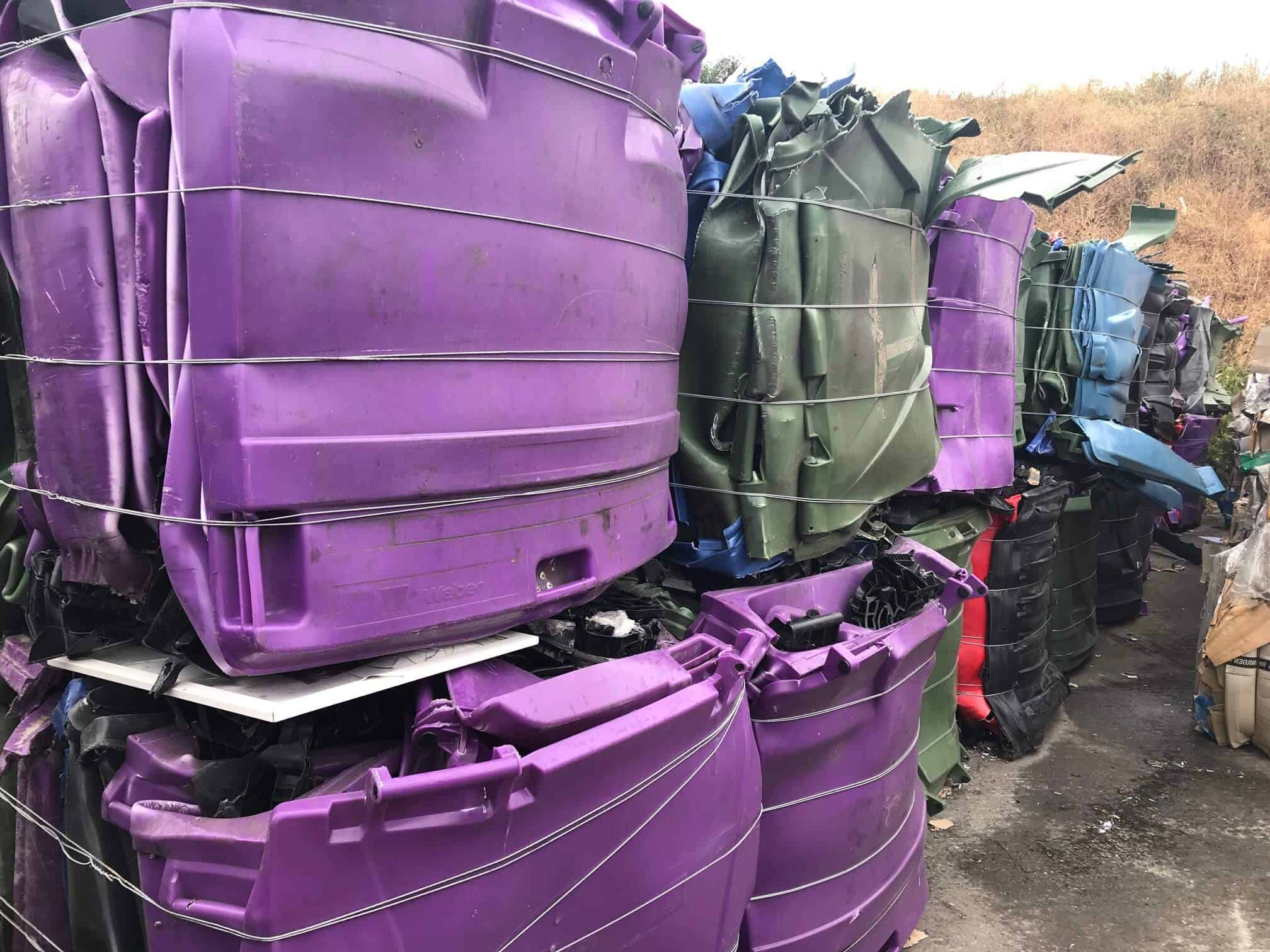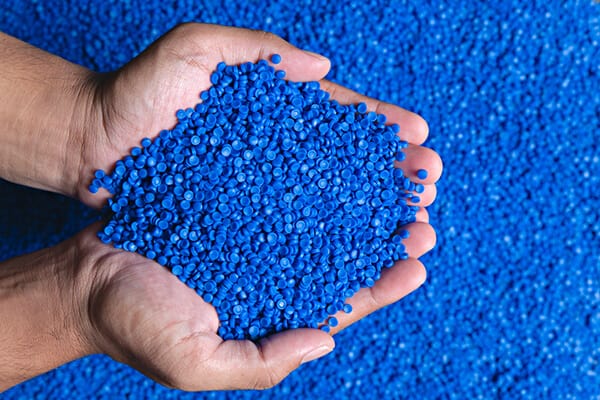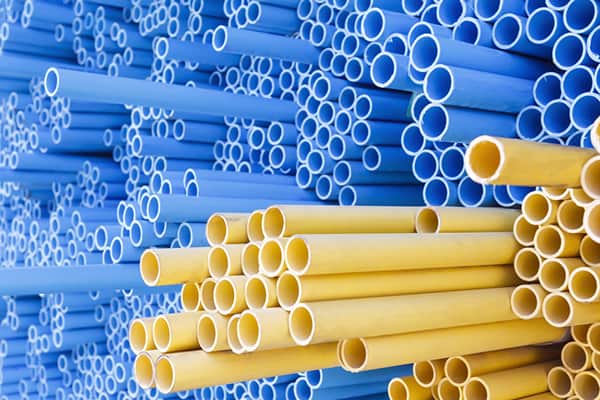Plastic Recycling

how Much Plastic Is Recycled?
How Is Plastic Recycled?
Mechanical Recycling
Most commonly used, mechanical recycling involves the following steps: Sorting, shredding, washing, drying, melting, and repurposing. The flakes and granules ground from the plastic waste can then be sent to manufacture new plastic products. This is by far the most commonly used process in the UK and also a core method of recycling waste plastic materials:
- Sorting: The first step involves sorting the recyclable materials. Recycling facilities will sort the waste based on a variety of factors, including the type and colour of the waste. This ensures the segregation of different types of waste and effective processing.
- Shredding: Once sorting is complete, the plastic can be broken down into small flakes through the shredding process. The flakes are of uniform size which is easier to handle and recycle.
- Washing & Drying: The washing process is key for removing impurities. Examples include adhesives, labels, and contamination such as food and other residual waste. This step ensures the waste is of a high quality for recycling. Once washed, a mechanical and thermal drying process is complete for the next stage.
- Melting & Repurposing: Finally, the extrusion is complete. This shaping process melts down the plastic to be cut into pellets once leaving the extruder. These pellets are then sold to manufacturers to create new plastic products.
Chemical Recycling
Which Plastics Can and Cannot Be Recycled?
1. Polyethylene Terephthalate (PET or PETE)
This versatile polymer is most commonly known to make water bottles and soda containers. PET is not only lightweight and durable but also highly recyclable.
2. High-Density Polyethylene (HDPE)
HDPE is the strong, reliable material used in everything from pipes to shampoo and milk bottles. Its durability and resistance to moisture make it a top choice for packaging.
3. Polyvinyl Chloride (PVC or Vinyl)
PVC is a commonly used form of plastic in various applications, from cable insulation to vinyl records. PVC's versatility and durability make it an essential part of products across many industries.
4. Low-Density Polyethylene (LDPE)
LDPE is the resilient material behind many everyday items like plastic bags, food packaging, and agricultural film. Its lightweight nature and flexibility makes it perfect for various applications.
Polypropylene is a versatile plastic found in items such as bottle caps, crates, and even automotive parts. Its strength, heat resistance, and lightweight properties make it a valuable material.
6. Polystyrene (PS or Styrofoam)
Polystyrene is a lightweight plastic used in the packaging of electronics, food containers, and even insulation building materials. Despite its convenience, disposing of polystyrene safely can be difficult. This is why we offer a specialist recycling service for businesses.
This category encompasses a diverse range of plastics, including PMMA and acrylic, each with its unique properties and applications. These plastics often find their way into products like clear plastic sheets, signage, and optical lenses. While they serve crucial purposes, disposing of them improperly can pose challenges due to their varied chemical compositions.
What Cannot Be Recycled?
There are some plastics which are much more difficult to recycle. Quite often, this is because of the way they’re manufactured or how they were used. This includes:
Some food-contaminated plastics.
Metallised plastic, commonly used for crisp packets.
Plastics with hazardous contamination.
How Does Recycling Plastic Reduce Greenhouse Gas Emissions and CO2?

The Future Of Plastic Recycling In The UK
FAQs
WHAT PLASTIC IS RECYCLABLE?
WHICH PLASTIC CANNOT BE RECYCLED?
What is the best way to recycle plastic?
HOW DO YOU RECYCLE PLASTIC?

